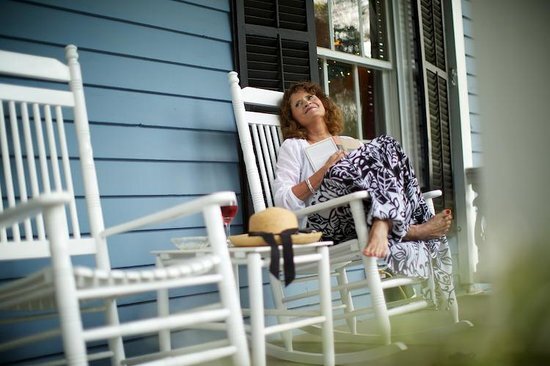Holiness in a Time of Plague
By definition, sacrifices are a pursuit of a holy objective. In this time of pandemic, we are making many sacrifices. I believe that we are expanding holiness through sacrifice to preserve life.
In biblical terms, sacrifice was the slaughter of an animal or offering of quality produce. In modern times, when we make a commodity out of our time and space, we speak of sacrificing time or space. Now we are being asked to sacrifice time and space in the cause of containing a viral plague. Some wisdom from this week’s Torah reading can offer guidance.
In the opening of parshat vayikhal, we learn this law of shabbat: “On six days work may be done, but on the seventh day you shall have a sabbath of complete rest, holy to the LORD; whoever does any work on it shall be put to death. (Followed by verse 3) לֹא־תְבַעֲר֣וּ אֵ֔שׁ בְּכֹ֖ל מֹשְׁבֹֽתֵיכֶ֑ם בְּי֖וֹם הַשַּׁבָּֽת׃ You shall kindle no fire throughout your settlements on the sabbath day.”
No sacrifices were offered on the sabbath, as sacrifice was an act of burning and no fires could be lit. The day was dedicated to rest. In modern times, some believe keeping shabbat feels like a sacrifice of time as we give up the time to work. What constitutes and defines work? The sages said we should learn from the actions needed to construct the holy mishkan, a travelling home for God. Of particular interest, among those acts of building, was the act of carrying.
The prohibition of carrying on shabbat entailed moving an item from the private domain to the public domain (and vice versa). The formula was to lift, carry and set an item in a new place; an action when completed constitutes a prohibited transfer. Focused on prohibiting transfers, Governments have instituted unprecedented restrictions to contain the transfer of Covid-19 by those who carry the virus. Viewed this way, there is a holy shabbat-like quality to the containment efforts.

We are all being asked to make “sacrifices” at this time. The sacrifices may be physical isolation, limiting time in public and reducing the spaces we occupy. The ultimate purpose is a holy endeavor. Our collective goal is to keep us safe, to limit the spread of illness and to save lives.
As a counter to the adverse financial and psychological impact of self-containment, our sacrifice is also the pursuit of holiness. Perhaps we can think of these weeks as a sabbath, an opportunity to recharge, to study and read, and engage in more physical exercise. Perhaps this viral plague will bring greater perspective on what matters most in our lives. And our world may also find improvement in the reduction of pollution attendant to this reduction of activity.
By staying at home, we are tamping down the fire of Covid-19. We can learn from the construct of Shabbat, that refraining from engagement is also an opportunity for expanding holiness.
From R’ Zalman Schachter-Shalomi’s interpretation of Psalm 27:
Only one thing do I ask of You, Yah,
Just this alone do I seek:
I want to be at home with You, Yah,
R’ Evan J. Krame






 Evan J. Krame was ordained as a rabbi by the
Evan J. Krame was ordained as a rabbi by the